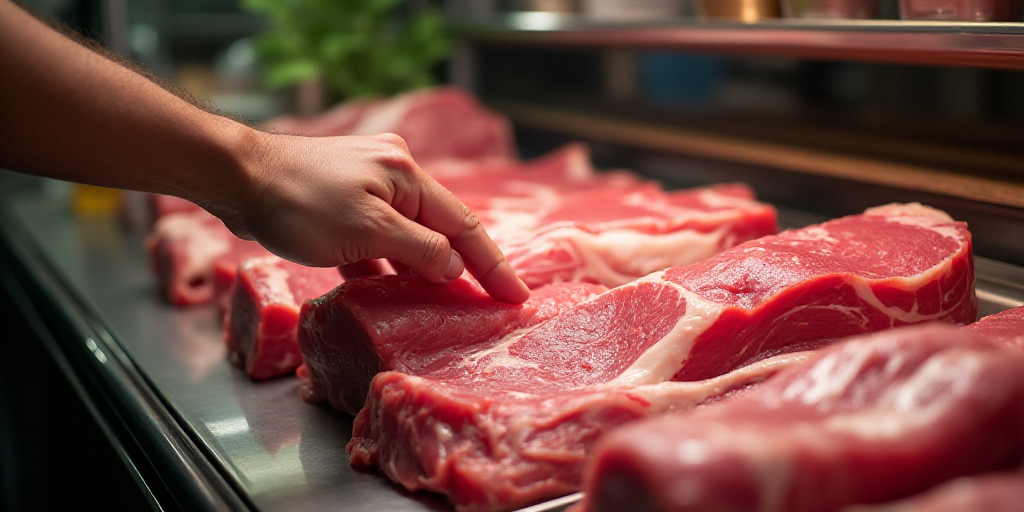Background on the Situation
Brazil, the world’s largest poultry exporter, is facing a potential decrease in domestic chicken prices due to an avian flu outbreak that has led to a ban on poultry exports. This situation might offer some temporary relief from the rising food inflation that has dented President Luiz Inácio Lula da Silva’s popularity, according to analysts.
Brazil ships nearly one-third of its chicken meat abroad, as reported by the ABPA industrial group. Rio Grande do Sul, where the first avian flu case was identified, accounts for roughly 12% of chickens slaughtered last year, according to government data.
World Organization for Animal Health (OIE) Recommendations
The World Organization for Animal Health (OIE) encouraged the use of zoning, a method focusing disease control on affected regions instead of an entire country, to contain the spread of avian flu in Brazil while maintaining international trade.
Impact on Major Poultry Producers
Major poultry producers like BRF and JBS may face short-term excess supply issues, as per analysts from the XP brokerage firm.
Some Brazilian exports may find new foreign buyers, but it’s likely that the domestic market will absorb more supply, according to José Carlos Hausknecht, a partner at MB Agro consultancy.
Potential Price Depression
The excess supply could depress prices, depending on how long the export restrictions last. “It should be a small and short-term effect,” Hausknecht stated. “Eventually, things will return to normal.”
Food Inflation and Its Impact on the Government
Food inflation has been a persistent issue for President Luiz Inácio Lula da Silva’s government, negatively affecting his chances of re-election next year. Consumer price increases rose by 5.5% over the past 12 months until April, with food prices accounting for the largest share in the inflation basket.
Specifically, food prices increased by 7.8% during this period, with egg and poultry prices rising by 12.3%, according to Brazil’s statistics agency, IBGE.
Marginal Impact on Inflation
Any potential desinflationary impact would likely be marginal, according to Adenauer Rockenmeyer, an economist and coordinator of the Agronegocios Forum at the São Paulo Regional Economic Council.
Potential Long-term Inflationary Pressure
However, if the current outbreak is not contained and spreads to other farms, it could lead to mass culls affecting both chicken and egg supplies in the long run, potentially increasing inflationary pressures.
Key Questions and Answers
- What is the current issue in Brazil? An avian flu outbreak has led to a ban on poultry exports, which might temporarily lower food inflation.
- Why is this important for President Lula da Silva’s government? Food inflation has been a significant problem, negatively impacting the president’s chances of re-election.
- Which poultry producers may face challenges? Major producers like BRF and JBS could experience short-term excess supply issues.
- How might this affect food prices? The excess supply could depress prices, depending on the duration of export restrictions.
- What are the potential long-term consequences? If the outbreak spreads and leads to mass culls, it could increase inflationary pressures in the long run.






